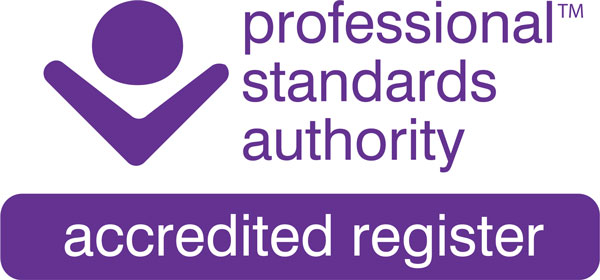Benefits of the human givens approach
The human givens approach adds value wherever it is put into practice – helping individuals with mental health concerns recover more quickly, children and students learn more effectively, colleagues in organisations work together more creatively and collaboratively, and much more.
It is because the human givens approach:
- explains the basics of what makes for a healthy, fulfilling life, regardless of anyone’s background or culture
- is grounded in the understanding that we all have the same essential emotional needs and the same innate psychological resources to help us meet them
- is a brilliant diagnostic tool for explaining psychological distress and how it can be overcome
- uses only solution-focused, tried-and-tested methods, tailored to the needs of each individual
- incorporates the latest understandings from neuroscience and psychology about how the brain works
- provides clear understandings for why depression, anxiety, addiction and so on, occur
- does not rely on symptoms but looks at the bigger picture to explain what is not working in a person’s life and why
- ensures clients in HG therapy feel improvement even after just one session, encouraging hope for recovery
- can help people even when they are severely ill
- never mystifies people with professional jargon but keeps communication simple, so that everyone can understand
- gives people understandings and skills which they can apply if needed in the future, if they experience difficulties again
- can help people cope with chronic pain and disability by using powerful mental techniques
- helps people make the most of their strengths and build on their existing (often unrecognised) capabilities to enhance their lives
- can save organisations time and money, by teaching professionals, such as teachers and managers, how to recognise mental ill health and also put in place practices, in line with HG understandings, that allow people to flourish, instead of getting sick.
Research continues to demonstrate that human givens therapy works quickly and effectively. See, for instance:
- Hall, C E and Greenberg, N (2025). A service evaluation of PTSD Resolution therapy for military veterans. Occupational Medicine https://doi.org/10.1093/occmed/kqaf012
- Project100 study: https://ptsdresolution.org/pdf/Project-100-initial-report-Final-30-05-2023.pdf
- Burdett, H and Greenberg, N (2019). Service evaluation of a human givens therapy service for veterans. Occupational Medicine, 69, 8–9, 586–92. https://doi.org/10.1093/occmed/kqz045.
- Tasaroucha, A, Kingston, P, Stewart, T, Walton, I and Corp, N (2012). Assessing the effectiveness of the ‘human givens’ approach in treating depression: a quasi experimental study in primary care. Mental Health Review Journal, https://www.emeraldinsight.com/doi/abs/10.1108/13619321211270416
- Andrews, W and Miller, S (2012). The development of a practice research network and its use in the evaluation of the ‘rewind’ treatment of psychological trauma in different settings. International Handbook of Workplace Trauma Support, 213–226. https://doi.org/10.1002/9781119943242.ch14
- Andrews, W P Minami, T, Wislocki, A P, Short, F and Chow, D (2013). A five‐year evaluation of the human givens therapy using a practice research network. Mental Health Review Journal, 18, 3, 165–76. https://doi.org/10.1108/MHRJ‐04‐2013‐0011 31
- Andrews, W, Twigg, E, Minami, T and Johnson, G. (2011). Piloting a practice research network: A 12-month evaluation of the human givens approach in primary care at a general medical practice.’ Psychology and Psychotherapy: Theory, Research and Practice. doi:10.1111/j.2044-8341.2010.02004
To understand more about the knowledge, skills and attitudes are characteristic of the human givens approach, please see ‘Effective counselling and psychotherapy checklist‘
Discover more with our ONLINE COURSES
Updated: Jan 25

